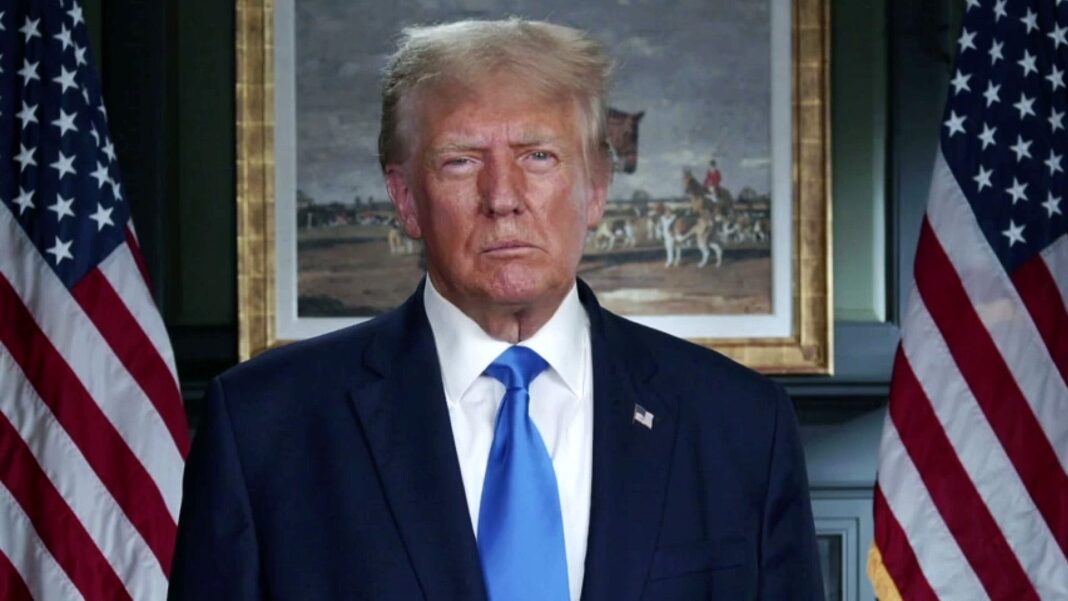‘He must stand trial in a courtroom under the same procedures that govern all other criminal defendants,’ a judge wrote for the panel.
A three-judge panel of the U.S. Court of Appeals for the District of Columbia affirmed a gag order that U.S. District Court Judge Tanya Chutkan originally issued, prohibiting former President Donald Trump from making statements that target several groups of people involved in a case accusing him of interfering with the 2020 elections.
The 68-page opinion and order provided some additional specifics to Judge Chutkan’s original order, narrowing the gag order.
The former president is prohibited from “making or directing others to make public statements about known or reasonably foreseeable witnesses concerning their potential participation in the investigation or in this criminal proceeding.” Previously, the order prohibited President Trump from making any statements that would “target” any potential witness, or the content of their potential testimonies.
He is also allowed to make statements about special counsel Jack Smith, whom the appellate court judges had deemed a public figure in an earlier hearing.
However, he is prohibited from making statements about his staff, including other federal attorneys, their families, and any court staff and their families “if those statements are made with the intent to materially interfere with, or to cause others to materially interfere with, counsel’s or staff’s work in this criminal case, or with the knowledge that such interference is highly likely to result.”
This qualifies the original gag order’s prohibiting of statements that merely “target” legal and court staff.
“We vacate the Order to the extent it covers speech beyond those specified categories,” it reads.
The appellate panel adopted Judge Chutkan’s rationale, writing that “some aspects of Mr. Trump’s public statements pose a significant and imminent threat to the fair and orderly adjudication of the ongoing criminal proceeding,” and warranted a gag order.
“However,” they noted, the original gag order “sweeps in more protected speech than is necessary. For that reason, we affirm the district court’s order in part and vacate it in part.”







